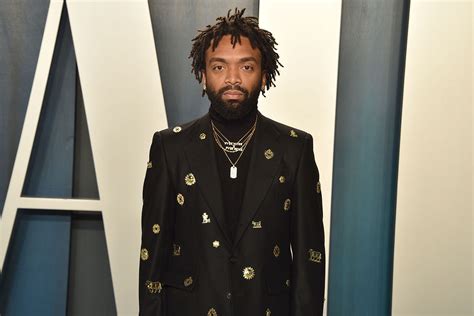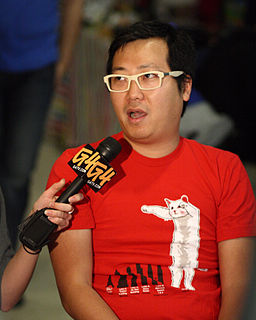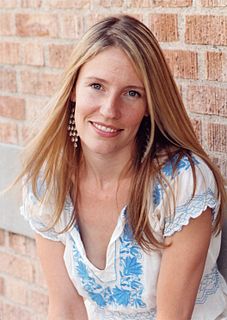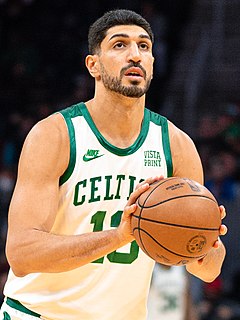A Quote by Evgeny Morozov
I used to work for an NGO called Transitions Online, and I was their Director of New Media. I was a very idealistic fellow who thought that he could use blogs, social networks and new media to help promote democracy, human rights and freedom of expression.
Related Quotes
I'm naturally shy, so the social media thing is new to me. I haven't really figured out how my voice sounds on social media, you know? I don't want to tweet everyday just for the sake of tweeting. I want to make sure whatever I do there is honest. Social media can very quickly get fake, and I don't want to be that guy.
If old consumers were assumed to be passive, then new consumers are active. If old consumers were predictable and stayed where you told them, then new consumers are migratory, showing a declining loyalty to networks or media. If old consumers were isolated individuals, then new consumers are more socially connected. If the work of media consumers was once silent and invisible, then new consumers are now noisy and public.
Importantly, companies are using social media to do things that go way beyond just chatting up existing customers on Facebook. Sales departments use social to nurture leads and close sales. HR posts job openings and vets applicants. Community and support squads mine networks, blogs and forums with deep listening tools.
For us democracy is a question of human dignity. And human dignity is political freedom, the right to freely express opinion and the right to be allowed to criticise and form opinions. Human dignity is the right to health, work, education and social welfare. Human dignity is the right and the practical possibility to shape the future with others. These rights, the rights of democracy, are not reserved for a select group within society, they are the rights of all the people.






































